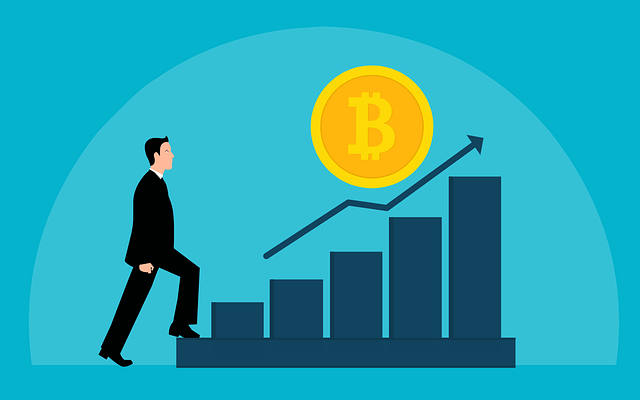How Venture Capitalists Think Cryptocurrency Will Reshape Commerce – The New York Times
Decentralized finance and artificial intelligence
Crypto finance can sound like science fiction. But this is our reality. Right now, all over the internet, on decentralized finance programs like Uniswap, people ar…….

Decentralized finance and artificial intelligence
Crypto finance can sound like science fiction. But this is our reality. Right now, all over the internet, on decentralized finance programs like Uniswap, people are trading, borrowing and lending digital assets on platforms where computer code runs the show. There is now about $235 billion invested in DeFi, by one industry account.
On the DeFi protocol Compound, a recent programming snafu revealed vulnerabilities in systems deliberately designed to eliminate the middlemen regulators traditionally rely on to oversee financial transactions and guarantee consumer protection. After a bug was introduced during a software upgrade, the system inaccurately paid out about $160 million automatically, and the payments could not be reversed.
Technically, Compound is not brokering trades, just programming software for transactions. But its founder, Robert Leshner, conceded in an interview with The New York Times this summer that he has long feared an error could result in major losses. “For the first couple of years of Compound, I woke up in a cold sweat every morning,” he said.
Started in 2017, the company now claims to have $18 billion worth of cryptocurrency earning interest on its platform. Mr. Leshner’s recurring nightmare was that somebody would find a flaw in the program, a line of bad code, and steal everything. “All it takes is one bug,” he said.
Community telecommunications
A16Z is backing a network called Helium. This “decentralized wireless infrastructure” company hopes to someday compete with established brands like Verizon or AT&T. Community members create a hotspot in their neighborhood with a special device and earn data and Helium’s crypto tokens in exchange for helping to power this group 5G cellular system.
Social Networks
Popularity’s value on social networks can now be calculated when you “tokenize” yourself and create an economy fueled by your own crypto.
On BitClout, every user gets a coin and its value suggests what the internet thinks of them. “There is no company behind it — it’s just coins and code,” the developers claim. An account with the name Elon Musk is the top-valued token at about $115 dollars. But the project’s launch was controversial, with crypto insiders calling out the “dystopian social network” for relying on data collected by giants like Twitter to calculate reputation, among other critiques. DeSo, short for Decentralized Social, is a blockchain network for developers to build decentralized social media programs.
Source: https://www.nytimes.com/2021/10/29/us/politics/crypto-currency-venture-capitalists.html







